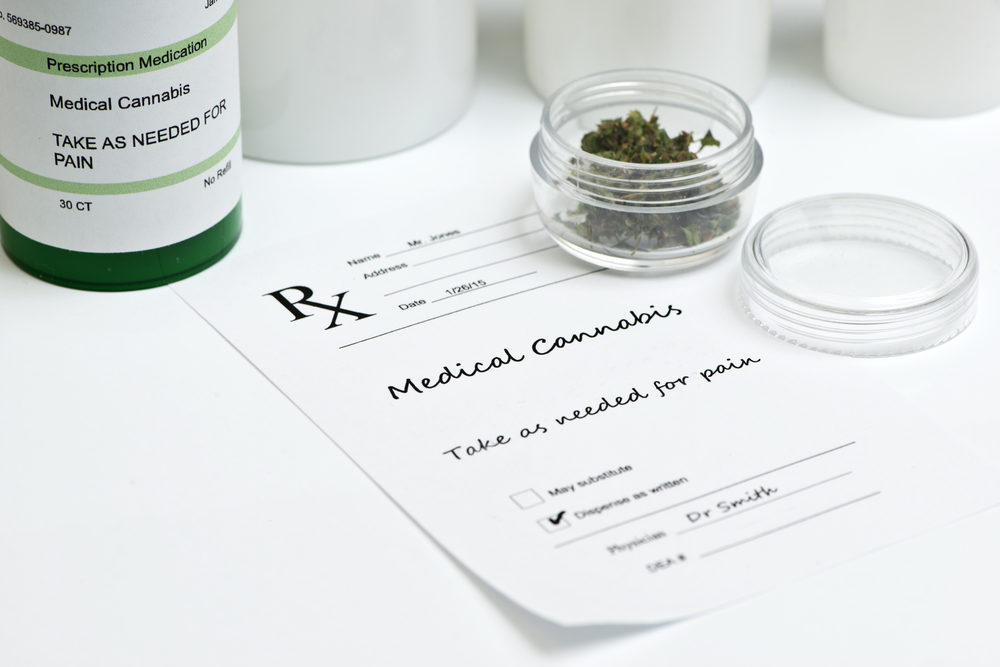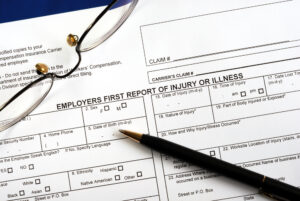
Marijuana is popularly linked to getting high and stoner culture, but there is a medical benefit, and doctors have started prescribing it to treat chronic conditions. Millions of people use the cannabis plant to treat medical conditions like arthritis, cancer, epilepsy, glaucoma, PTSD, and Parkinson’s disease. In Florida alone, there are more than 300,000 medical marijuana patients. Research has shown that medical marijuana can reduce anxiety, relieve inflammation, and control nausea. Medical cannabis use is legal in 36 states, including Florida. While laws vary by state, the federal government is clear. Marijuana is illegal federally and classified as a Schedule I drug, even in medicinal forms.
Given its legality in states like Florida, it is natural to assume that you won’t suffer any repercussions if you are prescribed medical marijuana by a medical professional. You may not face legal prosecution, but there could be a significant risk if you are injured while working. If you file a Florida workers’ compensation claim, you might be denied if you test positive for THC (the compound that causes marijuana’s psychological effects). In one instance, a junior high teacher in Brevard County disclosed her medical cannabis use to workers’ compensation insurance and was fired for drug use.
Florida Workers’ Compensation Laws
Let’s say you fall on the job and immediately feel intense back pain. Your next step is to notify your employer as soon as possible. The employer will tell their insurance company to file a workers’ comp claim. Then, they will instruct you to seek medical care at a hospital or urgent care facility, depending on the severity of the injury. Florida’s workers’ compensation system is no-fault, which means you are eligible for payment even if the accident was your fault, and you don’t have to prove that your employer’s actions caused your injury.
There is a notable exception to the no-fault rule. Your employer will likely require a drug test once they find out about your injury. A positive THC result could complicate your case even if you were not high at the time of the incident. While you may not have been experiencing psychoactive effects from the drug, your employer’s insurance company will try to argue that drug use made you more likely to injure yourself. They may tell you that you are responsible for your medical bills. And, you can even lose your job if your employer wasn’t aware of your medical marijuana use and decides to terminate your employment as a result.
How could you be liable for your injury if a doctor issues a medical marijuana card under state law? Urine testing only looks for cannabis in your system and doesn’t reveal whether you were impaired at the time of the work injury. Medical marijuana will leave trace amounts of THC, but this isn’t relevant to insurance companies. Under Fla. Stat. 381.986 (15), an employer can enforce a drug-free workplace even if employees use marijuana for medicinal purposes. Companies aren’t required to ban drugs, but they have an incentive to do so — their workers’ compensation insurance premiums will be discounted as a result. Even if you are using medical cannabis legally, your employer isn’t required to accommodate you.
Earlier this year, a group of Florida state lawmakers filed House Bill 335, or the Medical Marijuana Public Employee Protection bill. The bill would have forbidden employers from firing qualified medical marijuana patients and require set policies about medical marijuana use. The legislation died in a subcommittee.
Seeking payment from your employer’s workers’ compensation insurance company is difficult under the best of circumstances. Having medical cannabis in your system complicates your claim, and you are more likely to be mistreated due to your positive drug test. Working with an expert workers’ comp attorney can help you win your case. Experienced workers’ comp lawyers are familiar with both workers’ rights and local cannabis laws, so you don’t have to face your employer alone.
Scott R. Marshall is experienced in navigating the Florida workers’ compensation system. If you have been injured while working and have questions about a Florida worker’s comp claim, call (727) 772-5900 or contact us online for a free consultation.

At the Scott R. Marshall law firm, we represent people around Florida in claims arising out of workers’ compensation, personal injury and wrongful death. Our firm believes the best way to represent clients is to take the time to get to know them. We deal directly with our clients on all legal issues and provide professional, personal and aggressive representation.














Comments for this article are closed.